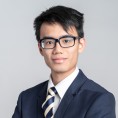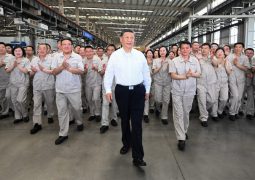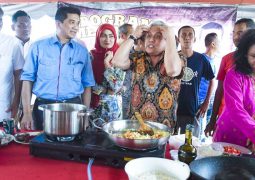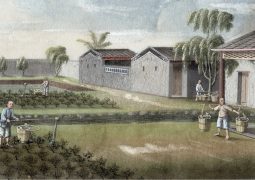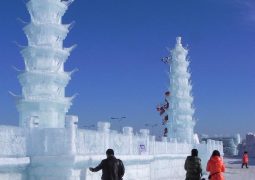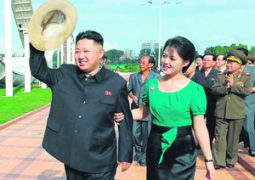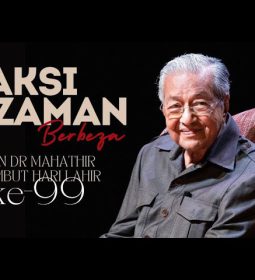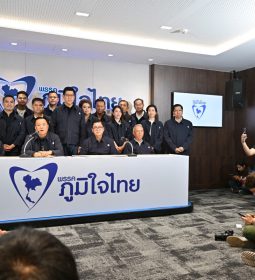Must see: Chinese Opera Festival celebrates centuries-old ‘national’ art form
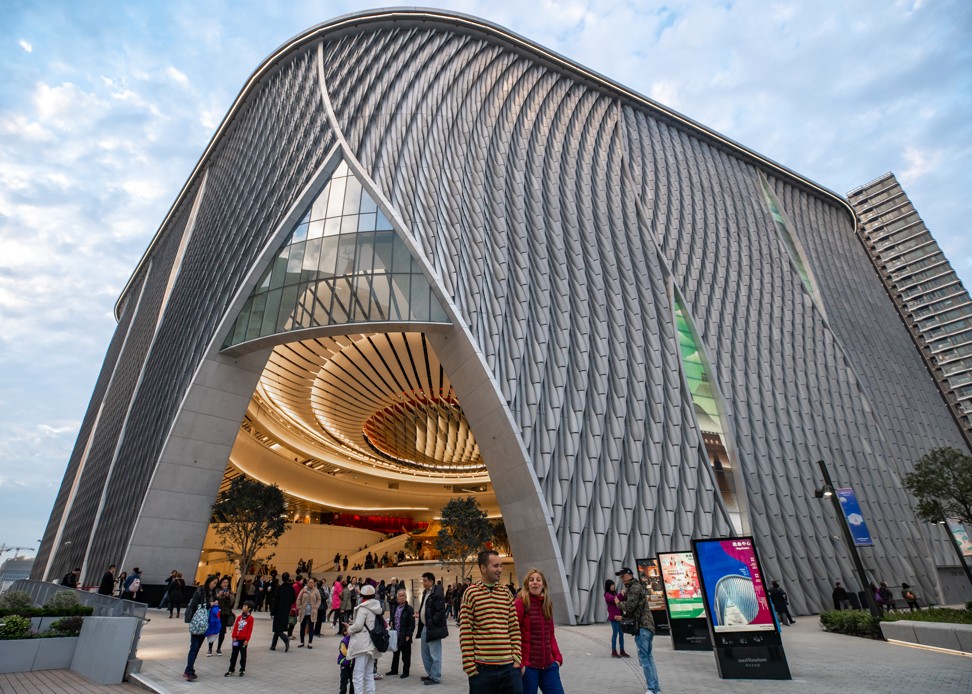
Spotlight on Peking opera: Chinese Opera Festival celebrates centuries-old ‘national’ art form
- Leading China National Peking Opera Company and Shanghai Jingju Theatre Company performers to help launch two-month event
- Performances at Xiqu Centre highlight elaborate movements, extravagant facial make-up and signature high-pitched singing
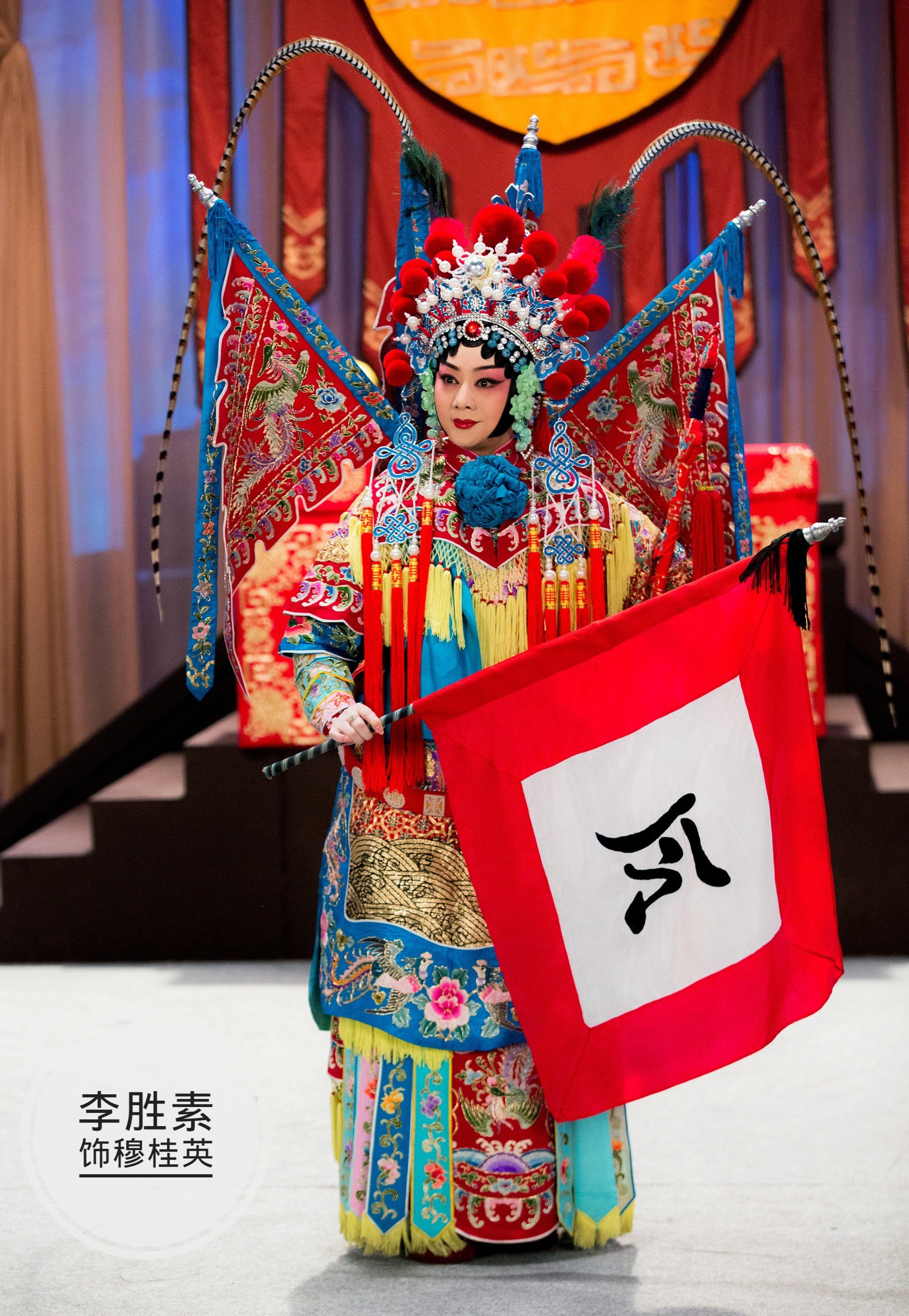
While Cantonese opera has become a hot topic – since April’s satirical Cantonese opera in Hong Kong, Trump on Show, detailing the life of US President Donald Trump – a forthcoming arts festival will allow Hongkongers to enjoy the most internationally renowned form of Chinese opera at home.
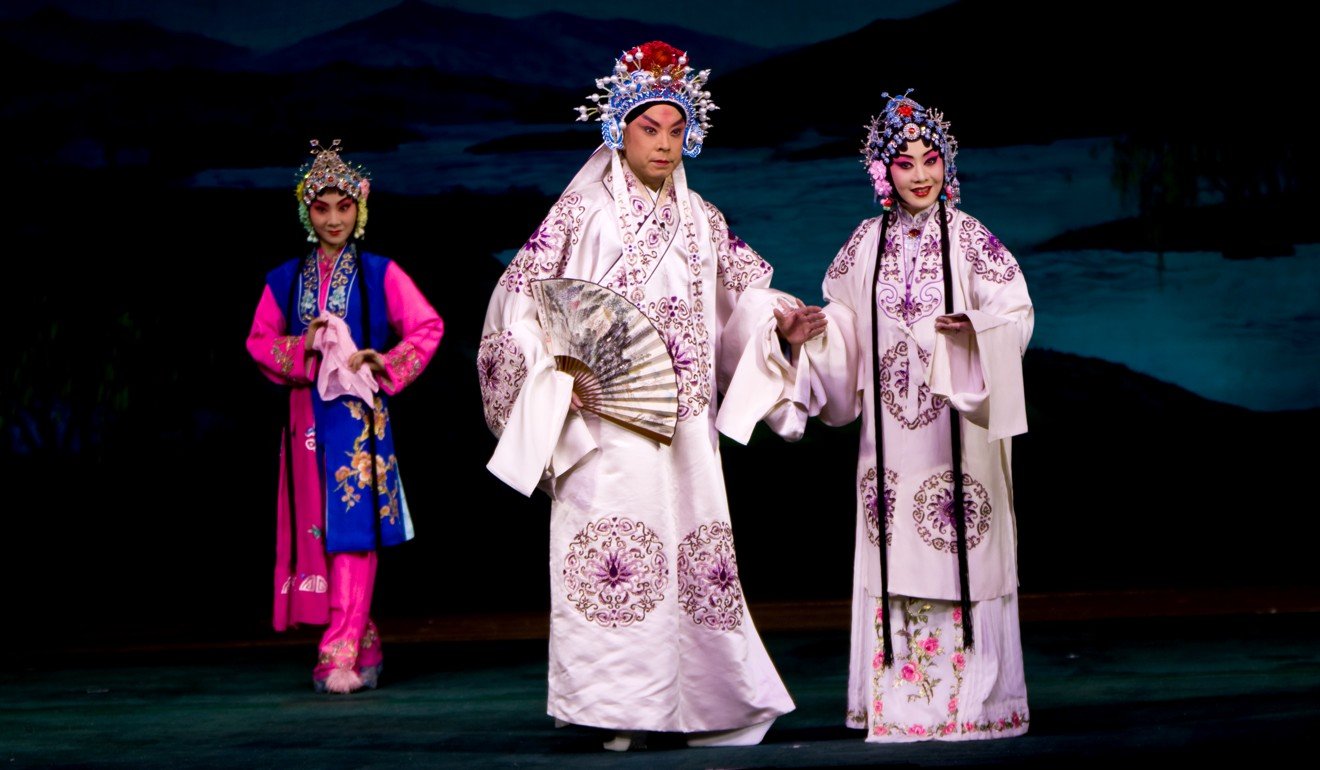
The Peking opera, also known as Jingju, has been fully developed since the 19th century and is listed on the Unesco List of Intangible Cultural Heritage.
The performance, known internationally as the “national opera” of China, is characterised by elaborate movements, extravagant facial make-up and high-pitched singing.

Two esteemed performing groups from northern and southern China, the China National Peking Opera Company and Shanghai Jingju Theatre Company, will be visiting Hong Kong to perform masterpieces of the genre.
They will perform six opening shows at the city’s Chinese Opera Festival, which runs from on June 13 until August 18.
The inaugural performances will take place at the Xiqu Centre – the name of which literally translates as “Chinese Opera Centre” – a newly opened arts venue dedicated to traditional Chinese opera on the edge of the West Kowloon Cultural District.
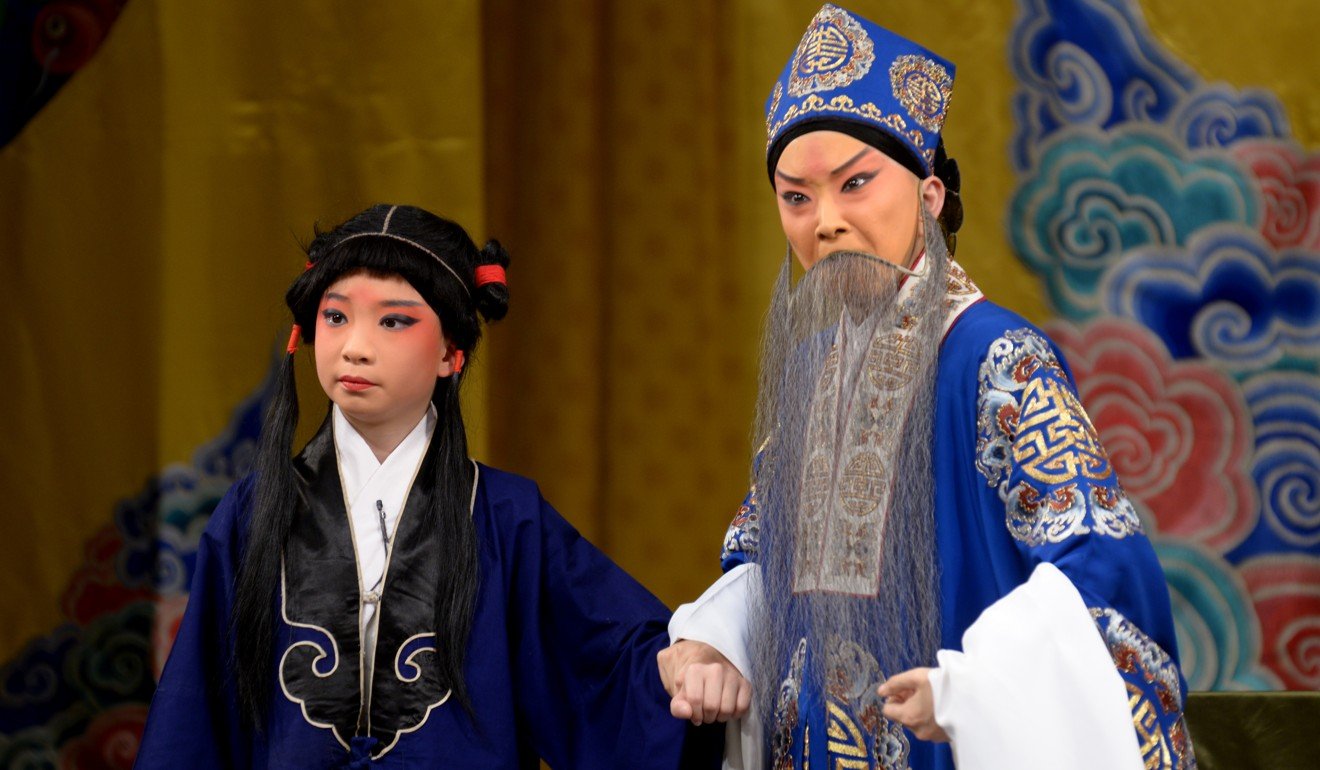
Naomi Chung, who heads the centre, believes these programmes will allow Hong Kong people to appreciate some of the highest-quality performances.
“The two ensembles feature some of the top Peking opera masters in the world today, and their artistic quality is simply beyond doubt,” she says.
The national opera
Tang Yuen-ha, Hong Kong’s iconic actress in Peking opera, who founded the Jingkun Theatre group, says the art form has highly stylised performances.
“Peking opera consists of four disciplines, including singing, recitation, acting and martial arts,” she says.
“While there are over 300 types of Chinese opera, Peking opera has aggregated the essence of all the performing styles across the country.”
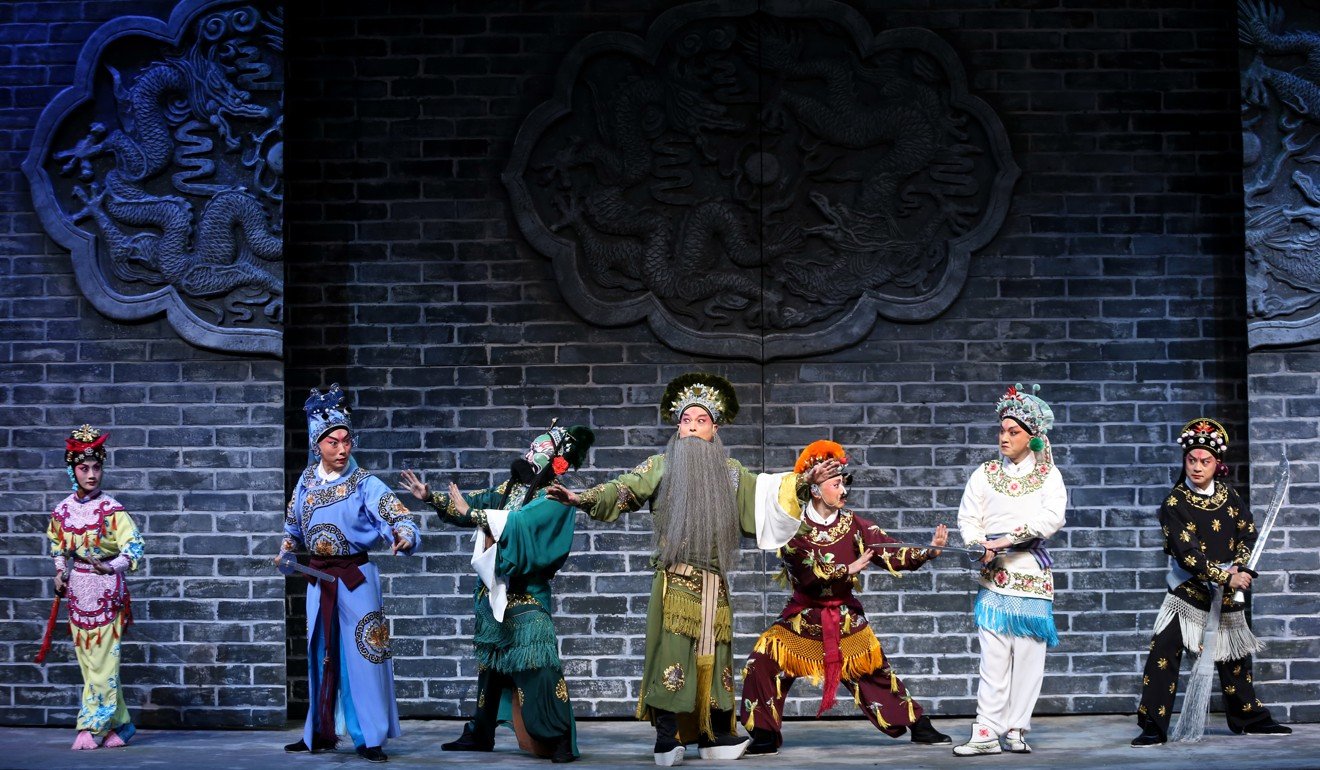
Peking opera plays often emphasise traditional Chinese values such as defending one’s homeland and fighting injustice. They are often spirited and bold, with elements of martial arts and stage combat
Similar to all types of traditional Chinese opera, Peking opera focuses on a symbolic style of performance that does not imitate real life. It normally consists of several characters who are strictly differentiated based on their sex, personality and age.
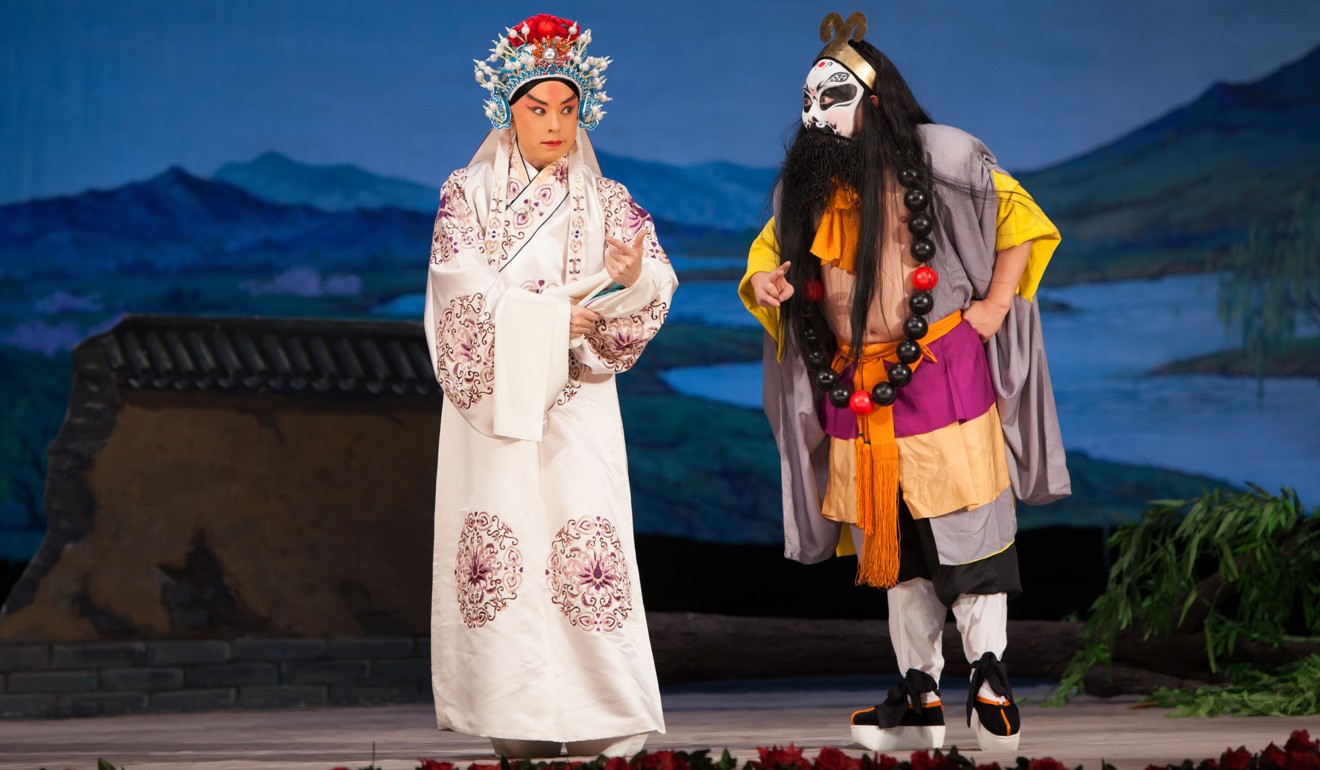
The four main character types are sheng (male role), dan (female role), jing (painted face role), and chou (comic role), and there are further subdivisions based on the roles and personality.
Each character comes with well-defined costumes, facial make-up, and vocal styles, and appears on stage with distinct face colours, which allows the audience to recognise their traits quickly.
However, Peking opera is distinctive from other local variations because of its historic role as a court art during the Qing dynasty (1644–1911).

“Peking opera has very strict standards on the singing, acting and movements on stage and there are many rules that you need to follow,” says Tang, who received the prestigious Plum Blossom Award in China for her theatrical contributions in the 1990s.
For example, a performer is expected to pay great attention to detail on every hand gesture, eye expression, body movement and step, so that every move reflects the personality of the character.
There is also a high requirement for all the movements to be aesthetically pleasing. When a dan character is running on the stage, for instance, she must do so with small steps and cannot stride.
When playing a scene that involves falling on the ground, an actor must also slide down slowly to ensure elegance.
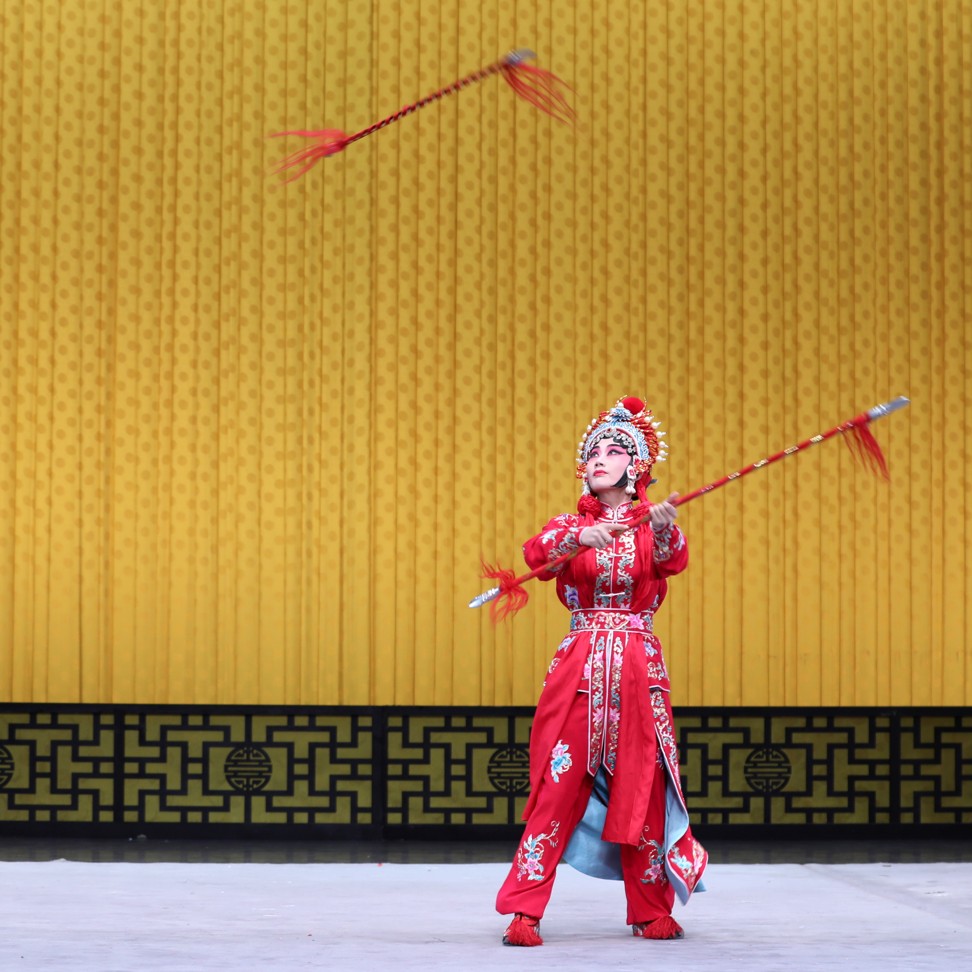
While there are over 300 types of Chinese opera, Peking opera has aggregated the essence of all the performing styles across the country
Peking opera is also famous for a special performing technique called qiaogong, which requires dan characters to step on a small wooden block with an inclined surface.
This allows the performer to imitate how women in ancient China had to maintain balance with small feet, a time when foot binding was a common practice across the country.
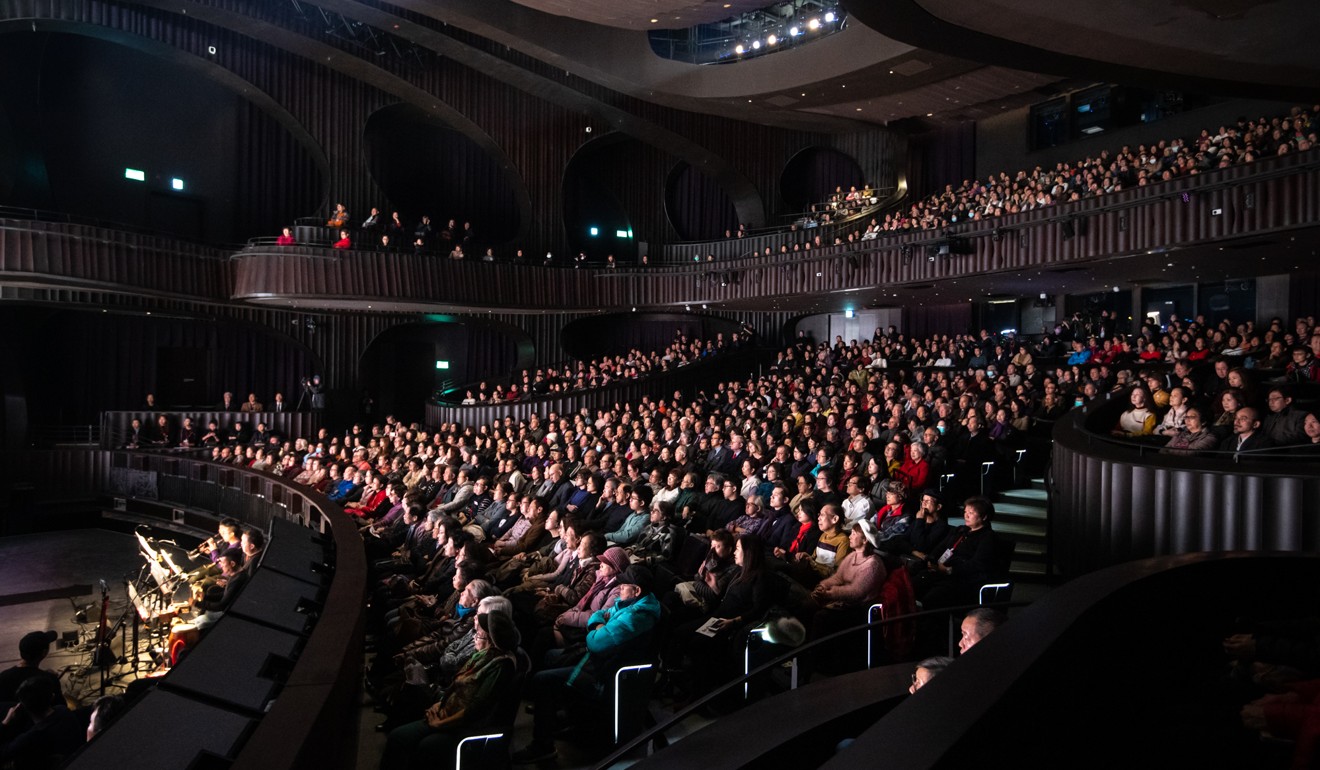
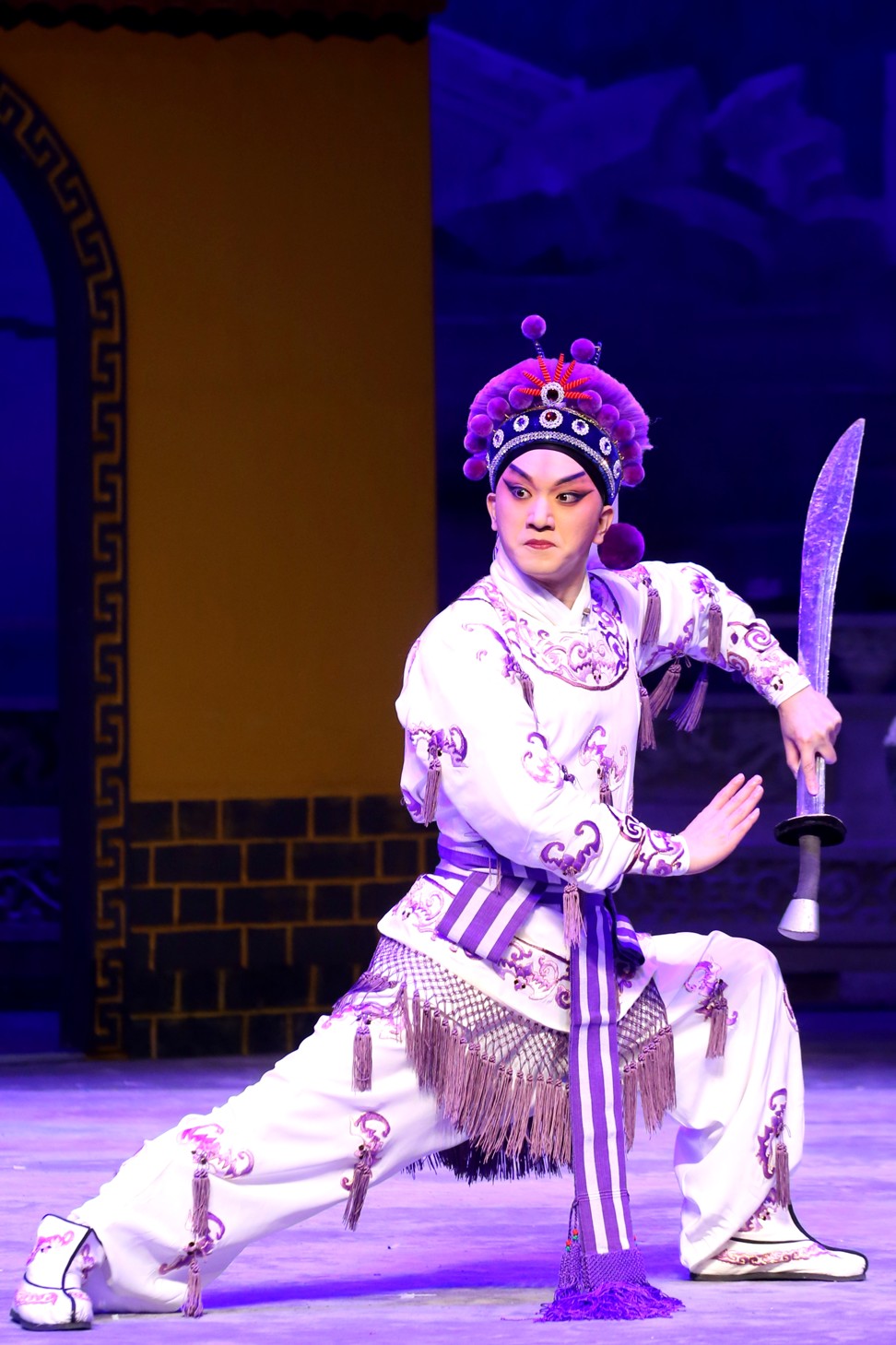
Besides differences in performing style, Chung says Peking opera often contains themes that carry a strong sense of righteousness.
“The plays often emphasise traditional Chinese values such as defending one’s homeland and fighting injustice,” she says.
“They are often spirited and bold, with elements of martial arts and stage combat. This makes it different from other forms of Chinese opera.”
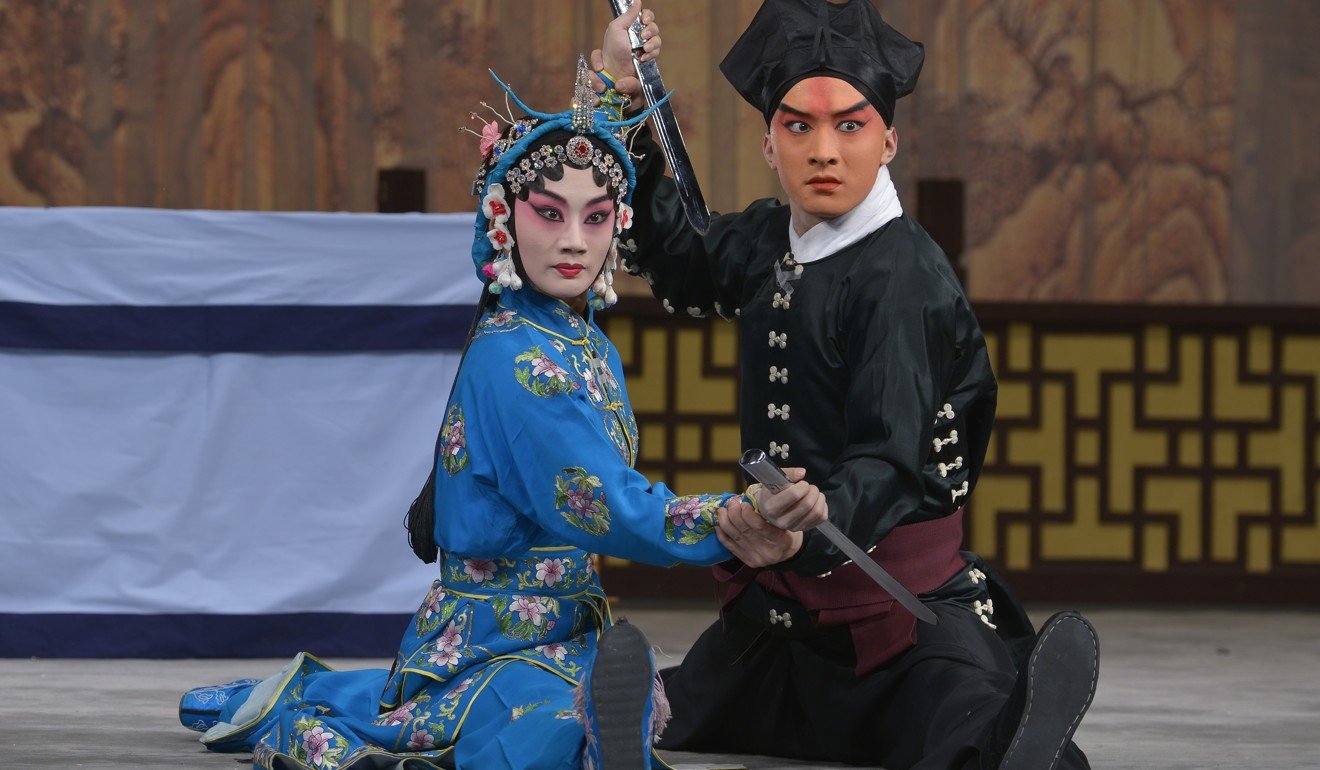

Dynamic performances
One of the shows performed by the China National Peking Opera Company is The Boar Forest, an iconic work of master Li Shaochun. It is based on one of the four Classical Novels of Chinese literature, Water Margin, and portrays the final days of the Northern Song dynasty (960–1127).
Lin Chong, one of the Five Tiger Generals, was wrongfully accused by Grand Commandant Gao Qiu and faced murder attempts. The plot eventually failed and Lin fled to Liangshan after killing the perpetrators.

The Shanghai Jingju Theatre Company will be playing a total of six shows spanning three nights, including Water Nymph of Sizhou City. The play depicts the story of a water nymph who fell in love with a mortal. The nymph was later punished by God for breaking celestial law, but the female warrior ultimately defended herself after her lover risked his life to return a magic pearl.
Tang, together with her Jingkun Theatre opera group, is also taking part in the festival for three nights. The performance, titled The Fragrance of Chrysanthemums and Orchids, will feature a number of talented local performers of Peking and Kunqu opera, one of the most ancient forms of Chinese drama.
Focus on global audience
All these performances will take place at Xiqu Centre. The venue, which opened only in January, is home to a grand theatre that can accommodate an audience of more than 1,000 people and a smaller teahouse theatre, as well as eight professional studios.

“We are pleased to host the events and hope that this will send an important message that Hong Kong attaches great importance to the promotion of traditional Chinese opera,” Chung says.
She believes that the centre’s modern architectural design will enable it to become a landmark in Hong Kong and attract visitors from around the world to appreciate the artistic performances.

“To reach a global audience, we are committed to providing both English and Chinese surtitles during the performances,” she says.
“The topics are actually quite representative of traditional Chinese philosophies, and foreigners will be able to better understand Chinese culture this way.”
To reach a global audience we are providing both English and Chinese surtitles at performances. Topics are representative of Chinese philosophies; foreigners will be able to better understand Chinese culture this way
While Cantonese opera has been the dominant form in Hong Kong, Tang is hopeful that the festival will allow more people – both local and international audiences – to appreciate the national opera.
“We hope that there will be greater recognition of Peking opera in Hong Kong, which is the most renowned form of Chinese opera globally,” she says.
“When you relax and feel the performance, I think people will find that it is actually something that connects with your heart.”
- Previous Kim Jong Un Sends Sister With Letter To Break Ice With South Korea
- Next Paris turns back to Tehran: As Iran nuclear deal flounders, France turns to Saudi for oil


